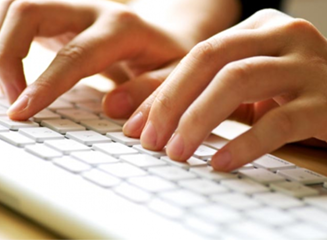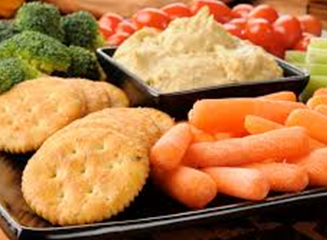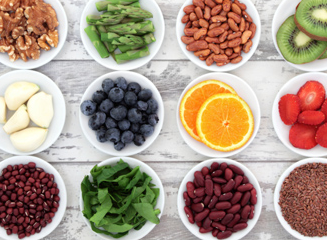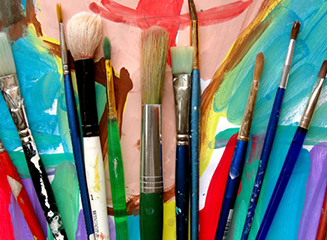Programs

Behavior Consultation
Behavioral consultancy service is available for members who need it. We also partner with licensed mental health professionals to provide the full support for individuals who already receive services in this area.

Technology Training
Future Alliance utilize technology as a new approach in learning for individuals with ID. Computers, tablets, and applications will attract individuals and get their attention to specific task. The colors, visuals, and sounds are used to achieve this goals.

Food/Snacks
Breakfast, snacks, and lunch are served at Future Alliance Day Support. We adhere to clients' dietary needs and serve healthy food based on the government standard food plate. Please feel free to request a menu or speak with us about any dietary concerns the client may have.

Dietitian
A registered dietitian will provide on-site dietary consultation. ALso, training is offered in meal planning, weight managements, diet, and health.

Sensory Garden
Sensory gardens strive to maximize the sensory impact that the garden has on individuals with intellectual disability. Sensory gardens are user friendly and encourage individuals to touch, admire, taste, smell, sight and listen. Individuals will plant their own seeds and watch grow over the time and encourage individuals to take care of their plants to promote self-belonging and responsibility.

Community and Center based programs
In this program participants are allowed to participate in Future Alliance day support programs and community activities to promote community engagement by utilizing skills learned at the center.

Art Therapy
Art therapy is a unique approach in working with individuals with intellectual disability. This type of therapy helps those involved to express feelings and thoughts, enhance self-esteem and self-awareness, promote well-being, increase communication skills, and increase coping skills, just to name a few.
The biggest advantage is that art can express things that are not expressible verbally, that’s a huge advantage for people who don’t have the language to talk about what’s inside of them.
Material for art therapy:
- Drawing- pencils, color pencils, watercolor pencils, charcoal, oil pastels, soft pastels, crayons, markers, pens, and chalk.
- Painting- acrylic paints, oil paints, tempera, finger paints, watercolors, inks
- Clay- various types of natural clay, air dry clay, play-Doh, fimo, handmade dough, papier mache
- Others- digital media, wool, fabric, magazines, found objects, leaves, stones, paper, cardboard, canvas, photographs
